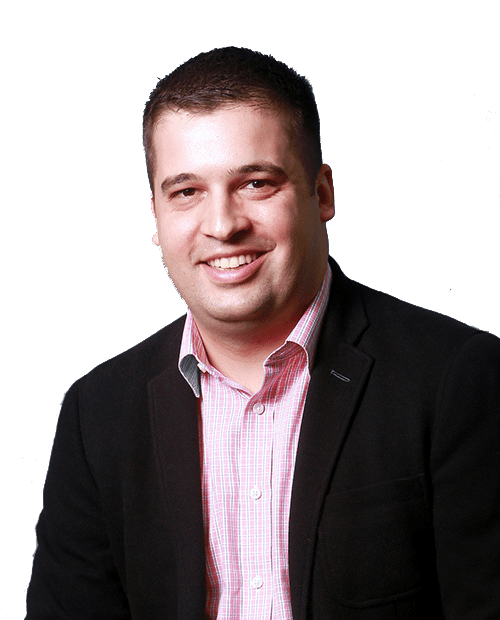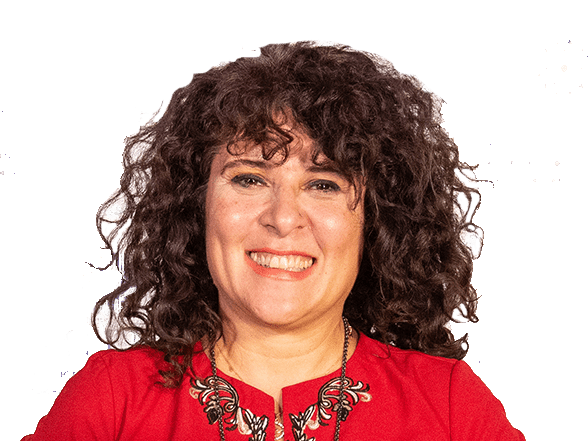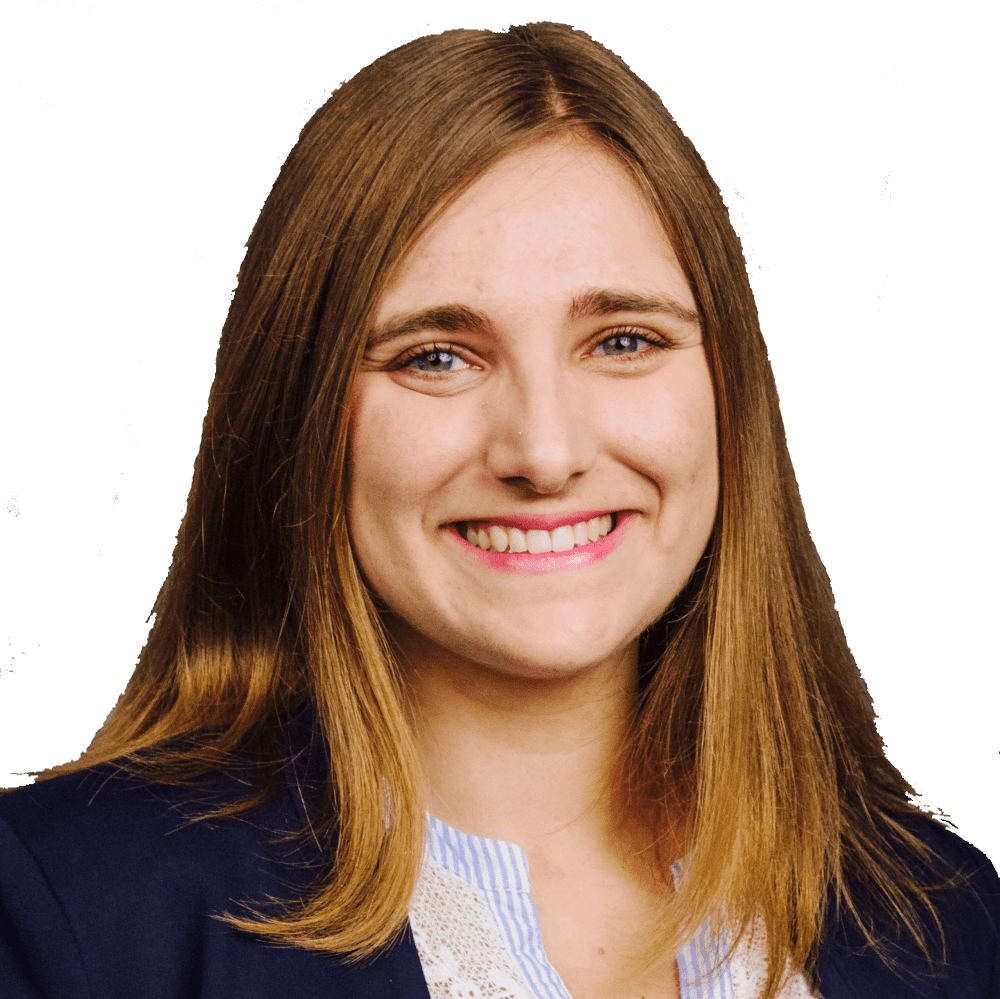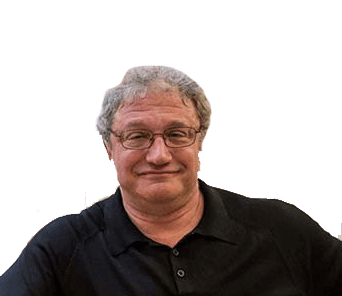Pre-conference Workshops
Workshop 1: Integrating Translation and Interpreting into the Language Classroom
Christopher D. Mellinger, Ph.D.
Abstract

This interactive, hands-on workshop will provide participants with a range of activities, strategies, and techniques to integrate translation and interpreting (T&I) into existing general language courses as well as courses dedicated to language for specific purposes. The workshop will focus on research-based pedagogy that allows teachers to enhance the learning experiences of students in line with best practices. Examples will be provided from a range of languages, with potential opportunities to include T&I in relation to language use in legal, healthcare, social work, business, and community settings. The first half of the workshop will be dedicated to written translation, while the second half will focus on oral interpreting. Specific technology tools and software will be presented that can be incorporated into the language classroom. Particular emphasis will be placed on developing standalone activities and modules that can be quickly integrated into current course offerings. These activities aim to improve language proficiency and cultural awareness, and to provide students the opportunity to explore translation and interpreting as a profession. The workshop is non-language-specific, and participants are welcome to participate from any language.
Learning Objectives
By the end of the workshop, participants will be able to:
- identify contexts in which translation and interpreting can enhance language learning
- recognize challenges and opportunities for heritage language learners
- develop translation and interpreting activities for general language/LSP courses
- integrate translation and interpreting into language courses
Bionote
Christopher D. Mellinger is Assistant Professor in the Department of Languages and Culture Studies at the University of North Carolina at Charlotte. Dr. Mellinger holds a Ph.D. in Translation Studies from Kent State University and is state-certified court interpreter. He is the managing editor of the journal Translation and Interpreting Studies, co-author of Quantitative Research Methods in Translation and Interpreting Studies (Routledge), and co-editor of Translating Texts: An Introductory Coursebook on Translation and Text Formation(Routledge). He has co-edited special issues on community interpreting, translation, and technology (Translation and Interpreting Studies, 2018) and on translation process research (Translation & Interpreting, 2015). In addition to his teaching at UNC Charlotte, Dr. Mellinger has experience teaching translation, interpreting, computer-assisted translation, and localization at the graduate and undergraduate levels at Kent State University, Wake Forest University, and Walsh University.
Workshop 2: Teaching World Languages for Specific Purposes (WLSP): Practical Strategies and Models for Integrating WLSP into the World Language Classroom
Diana Ruggiero, Ph.D.
Abstract

This hands-on workshop invites participants of all disciplinary backgrounds to learn about the pedagogy of world languages for specific purposes (WLSP). An inter- and multidisciplinary field, WLSP draws upon yet transcends the traditional disciplinary boundaries of linguistics, literature, and cultural studies in the teaching of language within and for specific contexts and purposes. The demand for courses and programs in WLSP is growing across the nation and meeting this need requires that more language educators and graduate students be trained in WLSP pedagogy. To this end, workshop participants will learn approaches such as significant learning and community service learning as well as practical teaching strategies and models in WLSP that they can integrate into existing or new courses. Among the topics addressed are learning objective alignment, lesson planning, classroom activities, assignment and assessment design, and teaching resources. Although the examples used will draw from Spanish language and culture courses, the ideas and examples are transferable to other world language areas. Teachers of all languages and of all learning levels are welcome to attend. We will create a sample activity for use in your next class or re-create one you already have. Bring your ideas!
Learning Objectives
By the end of the workshop, participants will be able to:
- Develop WLSP activities to integrate into WLSP or non-WLSP courses.
- Understand how WLSP and SL connect and apply to activity/course design and assessment.
- Recognize possible challenges and how to overcome them in different institutions/settings.
- Integrate WLSP into language courses, departments and Universities/Colleges at large in alignment with mission statements.
Bio
Ruggiero is Associate Professor of Spanish at the University of Memphis where she currently specializes in Spanish for specific purposes and community service learning. Her research interests to date include heritage language learners, cultural competence and intercultural sensitivity development, service-learning project design and assessment, language interpreting and body language, graduate curriculum development, and issues and methods in L2 and heritage language learner pedagogy. Other research interests include Afro-Hispanic literature and culture. Dr. Ruggiero’s research appears in the Revista de lenguas para fines específicos (RLFE), Journal of Languages for Specific Purposes (JLSP), Global Business Languages, ADFL Bulletin, Hispania, and Latin American Music Review (LAMR) among other peer-reviewed journals and edited volumes.
Workshop 3: Heritage language learning in LSP courses and programs
Laura Gasca Jiménez, Ph.D.
Abstract

This hands-on, interactive workshop will offer pedagogical and curricular considerations for language for specific purposes (LSP) courses and programs in the United States through the exploration of the intersections of LSP and heritage language (HL) education. Particular emphasis will be placed on responding to the needs of opportunities of HL learners in LSP courses and programs. Likewise, it will explore recent plurilingual and interdisciplinary approaches that have emerged in language education and their potential impact on LSP and HL education. Participants will be involved in a wide range of activities, covering different languages, which will allow them to recognize the challenges and opportunities of HL learners in LSP courses and programs. They will have the opportunity to develop activities directed at HL learners in undergraduate and graduate LSP courses. Similarly, they will reflect on how to adapt those activities for mixed contexts, that is, courses with second language and HL learners. The first half of the workshop will be dedicated to exploring the connections between LSP and heritage languages, while the second half will focus on best practices for LSP teaching and curricular development. The workshop is non-language-specific, and participants are welcome to participate from any language.
Learning Objectives
By the end of the workshop, participants will be able to:
- identify the connections between LSP and heritage language education
- respond to the challenges and opportunities for heritage language learners in LSP contexts
- develop activities for HL learners in LSP courses
- implement informed pedagogical and curricular adaptations in LSP contexts
Bionote
Laura Gasca Jiménez is an Assistant Professor of Spanish and Translation Studies in the Department of Modern Languages and Literatures at Fairfield University. She is the recipient of a “la Caixa” Foundation Fellowship and holds a Ph.D. in Hispanic Linguistics from the University of Houston and a M.A in Translation from Kent State University. Dr. Gasca Jiménez has been involved in the development of undergraduate Spanish heritage language courses and is currently working on the development of a graduate translation and interpreting certificate at Fairfield University. Her main research areas interests are translation and interpreting pedagogy, bilingualism and multilingualism, and heritage language education.
Workshop 4: What do employers want?:
Finding the sweet spot for language and culture providers
David A. Victor, Ph.D.
Abstract

This workshop breaks down the skill sets identified in the Bloomberg Job Skills report, highlighting those skills that language and culture instructors can provide. The report charts skills into a matrix of those skills that hiring executives view as less and more commonly taught and less and more commonly desired. The workshop helps language and culture instructors to identify which skills instructors may wish to downplay (less desired) and which they should emphasize, namely
- Reinforcement skills (those that employers identify as more commonly taught and more desired), and
- sweet spot skills (those that employers identify as less commonly taught and more desired),
The workshop then works with instructors on how to market their emphasized skills to the business community at large and to their own professional schools (business, engineering/technology, law, medicine, nursing) so that they can help others recognize their value-added to employers.
The workshop is non-language-specific, and participants are welcome to participate from any language.
Learning Objectives
By the end of the workshop, participants will be able to:
- recognize and emphasize skill sets that employers are seeking that their own classes already provide
- identify and (where possible) add as yet untaught skill sets to their classes that would make their students more attractive to employers are seeking
- list skills that their foreign language students can list on their resumes to highlight these skill sets
- lay out an outreach plan to cooperate with their own universities’ professional schools (business, medicine, nursing, law, engineering/technology)
- establish a marketing plan to form support bridges with local and international businesses
Bionote
David A. Victor, Ph.D. is Professor of Management and International Business at Eastern Michigan University. David has co-authored three books for Georgetown University. These are on 7 Keys to Communicating in Brazil (2016, with Orlando Kelm), 7 Keys to Communicating in Japan (2018, with Kelm and Haru Yamada), and 7 Keys to Communicating in Mexico (2019, with Kelm and Olivia Hernández-Pozas). All three are based on the “7 Keys” of the LESCANT Model from David’s International Business Communication (1992, Harper Collins) among the first book published on the subject in the United States. David is Editor-in-Chief of the Global Advances in Business Communication (GABC) Journal and co-founder of the Tricontinental GABC Conference. As a consultant, David has worked with over 200 companies and organizations, ranging from Fortune 500 companies to SMEs and government organizations. David has held visiting professorships in Belgium, Brazil, Canada, Japan and Mexico. Finally, David consults with universities helping to connect language programs to their professional schools and the business community at large.